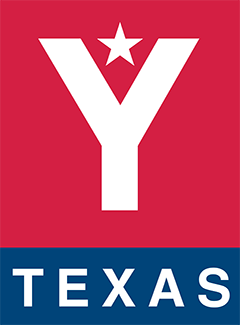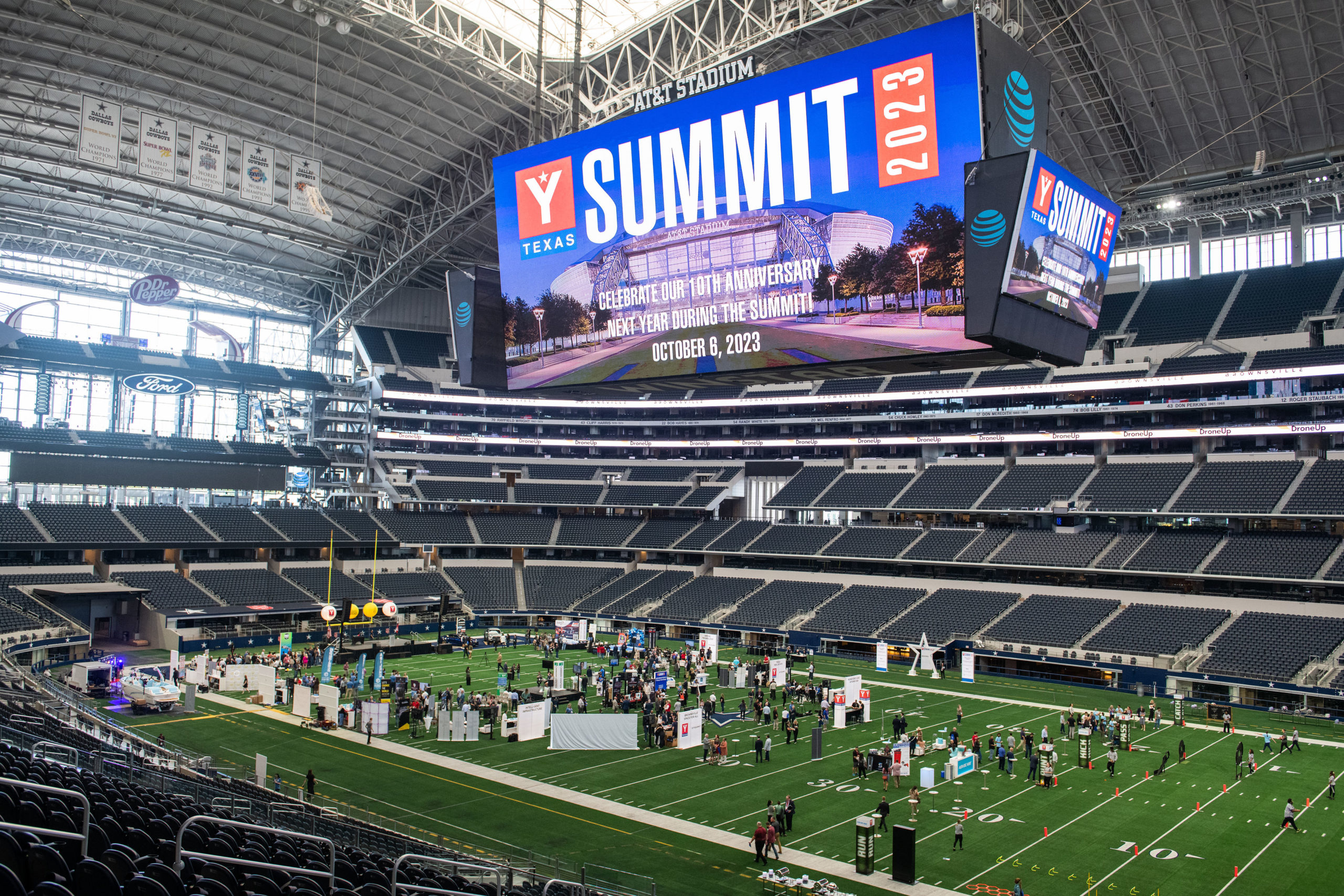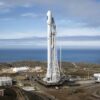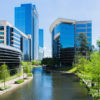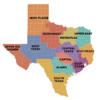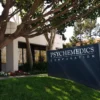News Provided by Statesman.com
July 22, 2020
In one of the largest economic development projects in Austin’s history, electric automaker Tesla says it will build a $1.1 billion assembly plant in Travis County that will employ 5,000 people.
Wages at the factory — to be located on 2,100 acres off Texas 130 and Harold Green Road — will start at $35,000 annually, counting benefits, bringing job opportunities and investment to a southeastern portion of the county that officials say is sorely in need of them.
It will produce the electric vehicle maker’s upcoming Cybertruck electric pickup, as well as be a second site to build its Model Y SUV. Tesla officials previously have said they intend to break ground on the factory by the third quarter of this year, although CEO Elon Musk said Wednesday that initial work at the site actually began last weekend.
“The location is five minutes from (Austin-Bergstrom International Airport) and 15 minutes from downtown Austin,” Musk said, speaking on a conference call with Wall Street analysts following the company’s second-quarter earnings release.
“We are going to make it a factory that is going to be stunning,” he said. “It is right on the Colorado River. So we are actually going to have a boardwalk where there will be a hike and biking trail. It is basically going to be an ecological paradise — birds in the trees, butterflies, fish in the stream. And it will be open to the public as well, so not closed and only open to Tesla.”
Texas Gov. Greg Abbott heralded the announcement in a written statement Wednesday, calling Tesla “one of the most exciting and innovative companies in the world.”
The planned factory “will keep the Texas economy the strongest in the nation and will create thousands of jobs for hard-working Texans,” Abbott said. “I look forward to the tremendous benefits that Tesla’s investment will bring to Central Texas and to the entire state.”
A spokesman for Abbott said Tesla didn’t receive any financial incentives from the state to build the factory here, although it has received some local incentives.
Earlier this month, the Travis County Commissioners Court and the Del Valle Independent School District’s school board approved tax breaks for the project valued at a minimum of about $60 million combined.
California-based Tesla recently became the most valuable automaker in the world, and its market capitalization is nearly $300 billion.
Local advocates for the project are heralding the planned factory — dubbed a “gigafactory” by Tesla — as an imminent wellspring of new jobs and a huge boost for the local economy, particularly amid the economic gut punch being delivered by the coronavirus pandemic.
Tesla also had been considering Tulsa, Okla., as a location, although the company previously indicated the site in Travis County was its frontrunner.
“To me, the most exciting thing in some ways is that the timing couldn’t be better, in terms of where we are with the economic impact of the pandemic,” said Austin economist Jon Hockenyos, whose firm, TXP Inc., was hired by Travis County to help structure its incentive agreement with Tesla.
He said so-called middle-skill jobs — meaning those requiring some post-high school training but not a four-year degree — have been eliminated from payrolls disproportionately during the pandemic but are precisely the type of positions Tesla will be looking to fill.
“We are in a recession, and the recession is hitting people the hardest who potentially could fill these jobs,” Hockenyos said. “A lot of jobs (lost because of the pandemic) aren’t coming back” for the foreseeable future.
Ray Perryman, president of the Perryman Group, a Waco-based economic research and analysis firm, said having a Tesla assembly plant in the Austin metro area “brings many benefits.”
“At an immediate level, it offers a large number of jobs at various skill and education levels that will directly benefit the economy and have spillover effects to other segments. It also has the potential to create a clustering effect of other firms in the area,” Perryman said. “Perhaps most important, it will further expand the technology footprint of the area.”
Tesla executives and school district officials have said the factory will provide opportunities for education, job-training and career paths in areas that include robotics and science, technology, engineering and math.
Still, the project has plenty of skeptics locally. Some have criticized the notion of taxpayer-funded subsidies for a multibillion-dollar corporation, while others have criticized Tesla’s record on workplace safety and labor relations and urged local officials — albeit unsuccessfully — to delay approval of the incentive agreements so that more safeguards could be put in place.
Nathan Jensen, a University of Texas government professor, said the Tesla incentives are “a bad investment of taxpayer money as small businesses close in our community” because of the pandemic.
Jensen, who studies taxpayer-funded incentives to corporations and is a critic of them, previously has pointed to research indicating at least three-quarters of such incentive agreements are struck with companies that would have invested in a particular region without them.
In the case of the Tesla deal in particular, he also said the minimum wage of $15 an hour the company has agreed to pay — which equates to $31,200 annually for a full-time worker, not counting benefits — is an extremely low bar for a manufacturer to clear.
“They are trying to rebrand this as ‘middle-skill’ jobs, but these are low wages,” Jensen said.
Manufacturing jobs in Texas most recently paid just over $47,000 annually on average prior to the coronavirus pandemic, according to figures from the U.S. Bureau of Labor Statistics. Tesla has said it expects its average pay to be about that amount.
Last week, Travis County commissioners voted to approve tax breaks for Tesla valued at a minimum of about $14 million over 10 years if the company invests $1.1 billion in the factory. The amount of the tax breaks will grow substantially if Tesla invests more over the 20-year life of the agreement.
The Del Valle school district on July 9 approved just over $46 million in property tax breaks for the company over 10 years. That figure won’t change much even if Tesla invests more.
